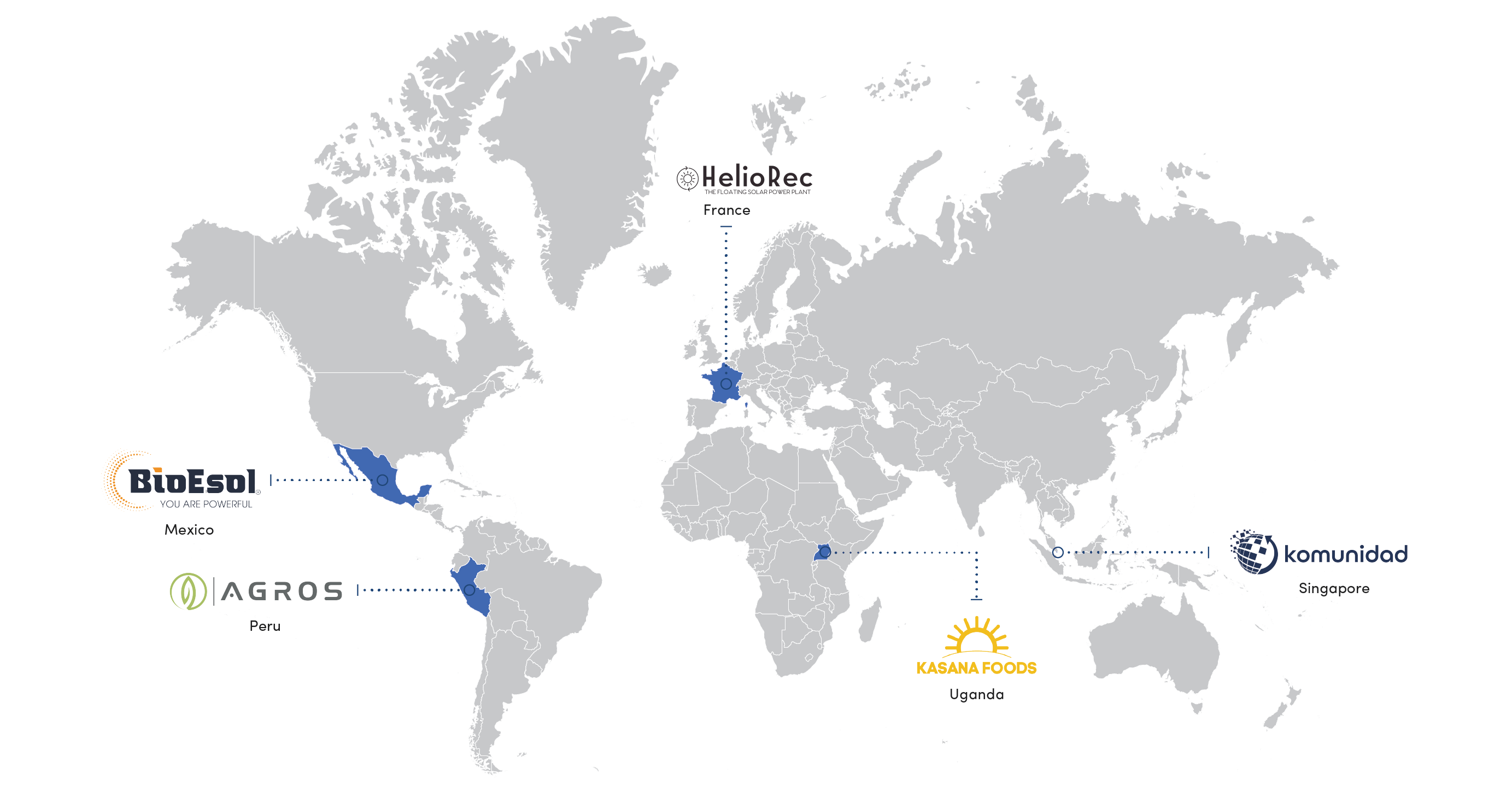November 14, 2022 in Africa, Europe, Latin America, Middle East and North Africa, United States, CEO blog, Asia, Climate Innovation & Adaptation
At Village Capital, we’ve been heavily focused on how we can leverage our strengths to help reduce the damage the climate crisis is causing across the globe, and help communities adapt to the effects that are already affecting billions.
What can be done to mitigate the effects of climate change? And fast?
It’s a question that is on the mind of most leaders and organizations across the public and private sectors; and across industries - in recent months and years, it’s become more abundantly clear that climate change is going to impact all of us - and all of us will need to play a part in addressing it. At Village Capital, we’ve been heavily focused on how we can leverage our strengths to help reduce the damage the climate crisis is causing across the globe, and help communities adapt to the effects that are already affecting billions.
Recently, I attended Open Society Foundations’ webinar ‘Small Changes Won’t Do: Why We Must Change the System to Solve the Climate Crisis’. Through a series of panels, featuring several brilliant speakers, a theme (aligned to what I’ve been thinking about a lot) became clear: the climate crisis and inequity are inextricably linked. High income nations contribute the most to factors such as CO2 emissions that exacerbate the damage to our already fragile ozone. Meanwhile, when unexpected events such as wildfires or irregular hurricanes occur, lower-income countries often have more deadly results. In Angola, for instance, the impact of a drought has caused effects including food shortages, minimization of drinkable water, as well as dying livestock.
As Betram Kloss stated in the webinar, “We need to leave neo colonial resource extraction patterns behind and rethink what we consider prosperity and value across the world.”
I completely agree. The way we put those values into action at VilCap is to recognize that solutions to the climate crisis need to come from everywhere in the world. That’s why we run programs around the world to lift up local voices of innovation addressing climate change mitigation and adaptation.
Through a series of accelerators and programs to build the capacity of ESOs (entrepreneur support organizations like incubators and accelerators), we’ve identified and focused on supporting climate innovation across five major categories: resilient food systems, supply chain solutions, access to quality water, access to energy, and climate risk analytics.
With every program we run, we focus intensely on lifting up solutions that are locally-relevant, culturally-competent and ultimately driven by the priorities and values of people in the countries where we work. Our goal is to not only uncover innovation to fight climate change, but also to shift the dynamics of who is empowered to make the changes. It’s our way of pushing back against the neo-colonial system that is responsible for the most damage and made solutions harder.
We’ve had a chance to support some incredible leaders and startups working in this space like:

“…everything is interrelated, we are as vulnerable as the most vulnerable link, whether it be within the value chain or whether it be as human beings.”
This isn’t about one nation, or one organization. It's about our entire planet. While the richest economies pass laws and regulations to reduce their own carbon footprint, they bypass these by relying on smaller nations, who lack the same regulatory restrictions, to supply cheaper resources. These are the vulnerable. The top-down approach—whether it be in economics, philanthropy, or mitigating climate change — isn’t a viable solution. We need to give more power to our most vulnerable, and by doing so, we strengthen us all.
Our newsletters share the latest about our programs, trends, ecosystem leaders, and innovative entrepreneurs in the impact world. Get the latest insights, right in your inbox by subscribing:
Village Capital needs the contact information you provide to us to contact you about our products and services. You may unsubscribe from these communications at any time. For information on how to unsubscribe, as well as our privacy practices and commitment to protecting your privacy, please review our Privacy Policy.